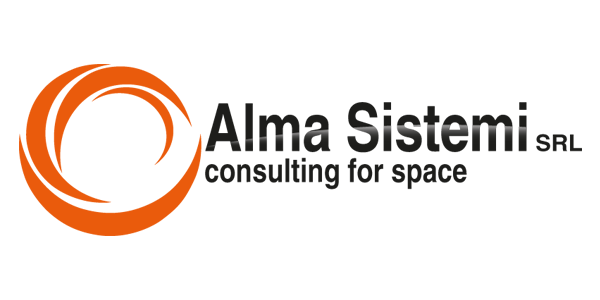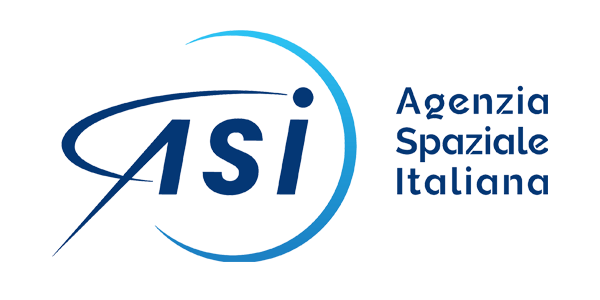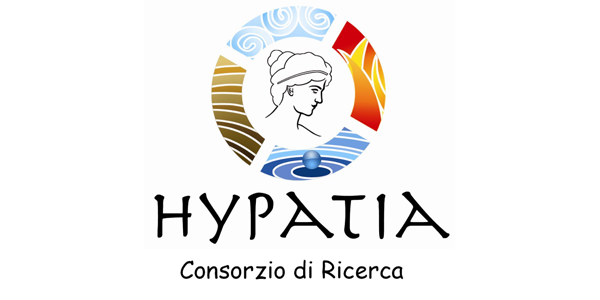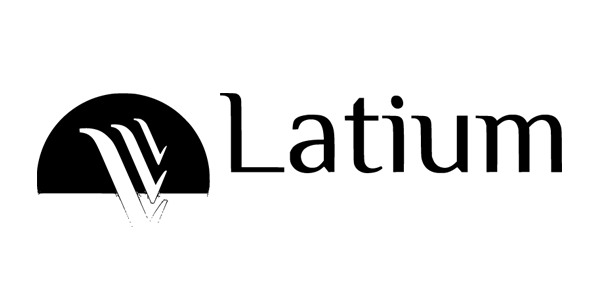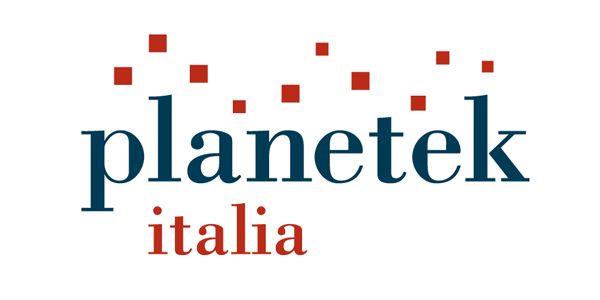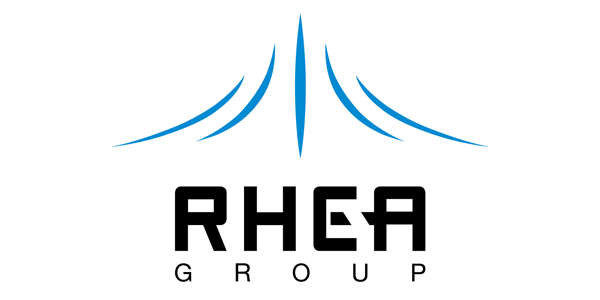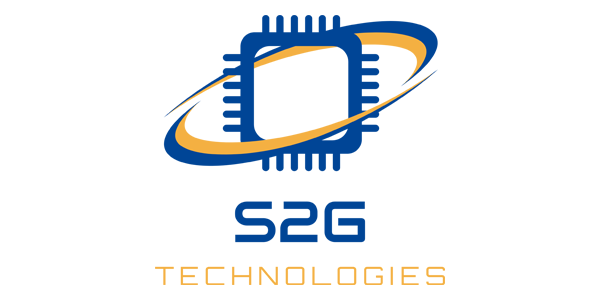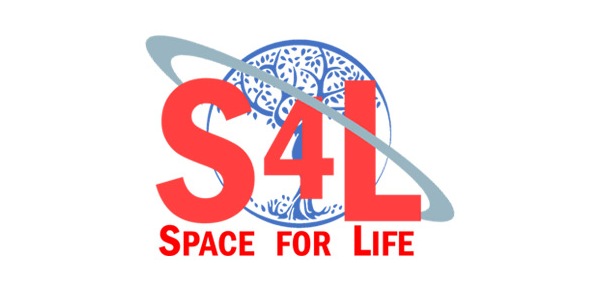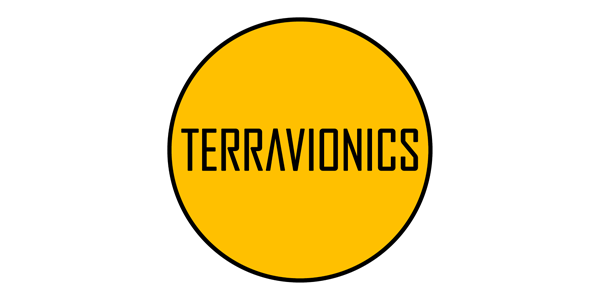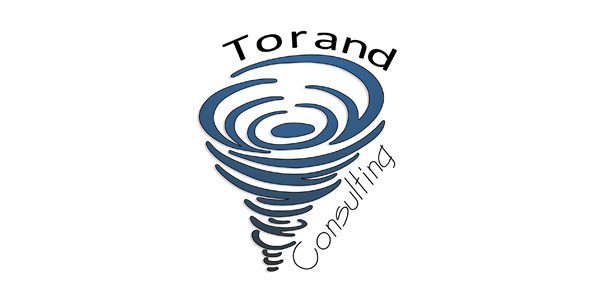BECOME AN EXHIBITOR AT NSE 2024!
New Space Economy ExpoForum is the international technology transfer exhibition and conference focused on the capacity of the new space economy in enabling new terrestrial markets based on entrepreneurial-driven space innovation.
It serves as a dynamic and innovative hub for technology transfer, where innovators and industry leaders can discover game-changing ideas, potential applications and how cutting-edge space technologies can be adapted, integrated, and applied to drive innovation and growth across various terrestrial markets such as transportation, agriculture, healthcare, telecommunications, and more.
BROWSE THE NSE 2023 OFFICIAL CATALOGUE
DISCOVER NSE 2023 SPEAKERS

Roberto Aceti
CEO, OHB Italia

Tommaso Alberti
Researcher, INGV

Gregory Alegi
Journalist

Enrique Antonio Alvarez Diaz
CEO, Vidalis Mexico

Ginevra Amadio
Journalist, Malacoda Ente Culturale

Simona Andreazza
Co-General Direction, ANIA

Alejandro Arévalo Alegría
Col., Air Attaché at Embassy of Chile, London

Guido Arista
Entrepreneur, Elital

Stefania Ascione
Head of R&I and European Funds Advisory, Intesa San Paolo

Simone Atzori
Senior Researcher, INGV

Gianluigi Baldesi
Head of Ventures and Financing Office, ESA

Philippe Bally
EO Application Engineer, ESA

Sylvain Bataillard
COO, HyPrSpace

Maria Libera Battagliere
Head of Pilot Projects Office – Downstream and Application Services, ASI

Zaira Belfiore
Writer
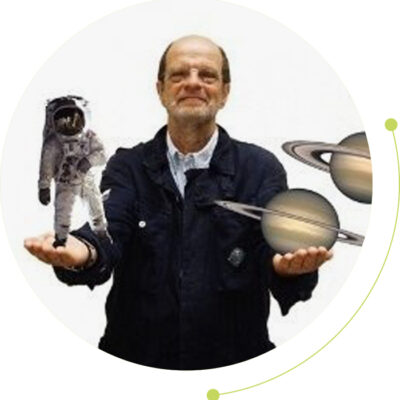
Leopoldo Benacchio
Senior Scientist, INAF

Daniele Biron
Lt.Col. Italian Air Force - Military Aviation and Meteorology Division, Meteorological Office – General Meteorology Section

Mariano Bizzarri
Prof. Experimental Medicine, La Sapienza University of Rome

Ornella Bombaci
Bids Department Director and Radar & EO MW systems and constellations Product Line Manager, Thales Alenia Space

Alessandra Bonavina
Director and producer, CEO, Next One Film Group

Maria Fabrizia Buongiorno
Coordinator, COS-INGV

Ezio Bussoletti
Institutional Space Advisor

Carlo Cacciamani
Director, Italia Meteo

Davide Calonico
Head of Division "Quantum Metrology and Nanotech", INRIM

Cesare Capararo
Head of Programs, ALTEC

Giovanni Caprara
Journalist, Corriere della Sera

Marco Carletti
Head of the Information System and Spatial Planning Sector, Toscana Region

Marco Casucci
IRIDE EO development in PA sector, ESA

Enrico Cavallini
Head of Space Transportation, Space Infrastructures & In Orbit Systems Dept., ASI

Francois Chopard
Founder & CEO, Starburst Aerospace

Massimo Claudio Comparini
Deputy CEO, SVP Observation, Exploration & Navigation, Thales Alenia Space

Andrea Console
Lt. Col., Italian Air Force, Deputy Chief of the Policy and Innovation Branch, Defence General Staff – Space Policy Office

Mario Cosmo
Science & Research Director, ASI

Augusto Cramarossa
Head of Strategic Area, ASI

Andrea Cruciani
CEO, Agricolus

Mariano Cunietti
Chief Information Officer, D-Orbit

Francesco Cupertino
Rector, Politecnico di Bari

Angelo De Santis
Associate Researcher

Immaculata De Vivo
Professor, Harvard Medical School, Brigham and Women's Hospital

Basilio Di Martino
Chief of the Air Force Engineer Corps

Nicola Di Noia
General Manager, UNAPROL

Giampiero Di Paolo
Director of Domain Observation & Navigation Italy, Thales Alenia Space

Simonetta Di Pippo
Director, Space Economy Evolution Lab, SDA Bocconi

Immacolata Donnarumma
ASI Research Coordination and High Education Unit, Italian Delegate at the ESA Science Programme Committee

Edoardo Vittori
SEE Lab, Bocconi

Valeria Fascione
Councillor of Research, Innovation and Startup, Campania Region

Alessandra Fávero
Brazilian Agricultural Research Corporation, EMBRAPA

Paolo Fino
Prof. Materials Science & Technology, Politecnico di Torino

Pietro Folena
President, Associazione Culturale Metamorfosi

Lucas Fonseca
CEO, Airvantis

Marino Fragnito
Senior Vice President, ARIANESPACE

Elena Francioni
Head of Sales Italy, e-GEOS

Serena Geraldini
Coordinator of National Copernicus Relay network and Valorization board of Italian User Forum, ISPRA

Eva Giovannini
Journalist, RAI

Aarti Holla-Maini
Director, UNOOSA

Rayan Imam
Postdoc fellow, INGV

Alberto Improda
Lawyer, ISIA University

Eugenio Luigi Iorio
Professor at UNIUBE University, Minas Gerais, Brazil

Laura Ippoliti
Writer, Conservatorio "Santa Cecilia"

Alessandro Ippolito
Research Scientist, INGV

Renato Krpoun
Head Swiss Space Office at State Secretariat for Education, Research & Innovation

Veronica La Regina
Space Advisor, Inter-American Development Bank

Maura Lazzara
Space Business Account Manager, Engineering Group (Engineering D.HUB)

Giuseppe Lenzo
SVP Marketing and Sales, Telespazio

Milena Lerario
CEO, AIRBUS Italia

Laurie Leshin
Director, NASA JPL

Giorgio Licciardi
Hyperspectral Data Analysis Expert, ASI

Juha-Pekka Luntama
Head of Space Weather, Space Situational Programme Office, ESA

Yana Maneva
Technical Support for Space Weather Operations, Royal Observatory of Belgium

Alexandre Mangeot
CEO, HyprSpace

Marcello Maranesi
CEO, GMATICS

Sergio Marchisio
Professor of Space Law, La Sapienza University of Rome

Marco Mariani
CEO, SAB Launch Services

Massimiliano Marcozzi
Satellite Project Manager, Thales Alenia Space

Trent Martin
Vice President of Lunar Access, Intuitive Machines

Silvia Massa
Researcher, ENEA

Federica Mastracci
IRIDE Service Segment Manager in the IPT, ESA

Massimo Mazzola
Former President, Space Italy

Roberto Mazzolin
Chief Defence, Security and Technology Strategist, RHEA Group

Rebecca Meads
Lead Security Solutions Architect EMEA, AWS

Paolo Minciacchi
CEO, e-Geos

Mariangela Mincione
Publisher

Steven Mirmina
Adjunct Professor of Space Law, Georgetown University Law Center University

Mattia Mor
Founder & CEO, Emotion Network

Loreto Moraga
Lawyer, President, Chilean Space Association ACHIDE

Michele Mosca
CEO & Co-founder, evolutionQ

Umberto Mosetti
CEO 3iP

Roberto Mulatti
Managing Director, Space - Serco Europe

Tommaso Occhipinti
CEO, QTI Quantum Telecommunications Italy
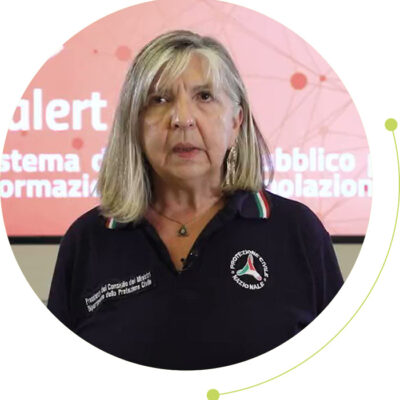
Paola Carmela Pagliara
Director of technical and scientific activities for risk forecasting and prevention, Civil Protection Dept.

Andrea Patassa
Cpt., Italian Air Force, ESA Astronauts Reserve

John D. Patrick
Colonel, Director of the NATO Space Centre located at Allied Air Command Ramstein AB, Germany

Alberto Pellizzoni
PI of the SOLARIS project, National Institute of Astrophysics

Stefano Pescaglia
Founder, EVOLUNAR

Andrés Pesce
CEO, Kayyak Ventures

Cristian Petrollini
Senior Cybersecurity Architect, RHEA Group

Oscar Pozzobon
President & CEO, Qascom

Giuseppe Puglisi
Research director, INGV

Nicolas Ramponi
Senior Projects Delivery Manager, INT-UQKD, RHEA Group

Giulio Ranzo
CEO, AVIO

Tatiana Ribeiro Viana
Science & Technology Secretary, IILA

Luigi Riggio
Col., Head of Space and Aerospace policies unit, COMINT Secretariat

Mauro Rosi
University of Pisa and member of the CGR of Italian Civil Protection Dept

Stefano Salvi
Research Technologies Director, INGV

Guido Saracco
Rector, Politecnico di Torino

Giovanni Scapagnini
Full Professor Human Nutrition, University of Molise

Donatella Sciuto
Rector, Politecnico di Milano

Simona Scollo
Senior Researcher, INGV

Marcello Spagnulo
Scientific Advisor, LIMES Geopolitical Review

Giovanni Spera
President, SISDCA

Luca Spogli
President, European Space Weather and Space Climate Association (E-SWAN), INGV

Marco Stangalini
Space Weather Scientist, ASI

Jill A. Stuart
Dr., Academic at London School of Economics

Antonio Sturiale
Director, TLC Thales Alenia Space
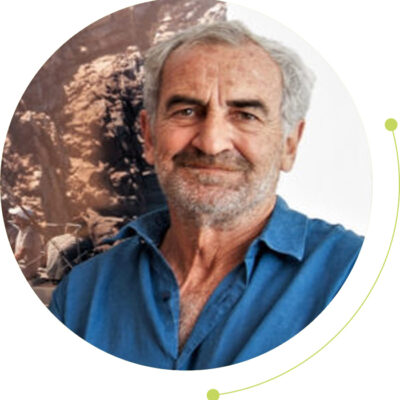
Giovanni Sylos Labini
CEO, Planetek Italia

Roberto Tartaglia Polcini
CEO, MapSat

Marco Tantardini
European Lead Space Strategy and Business Development, Lockheed Martin

Raffaele Tiberino
CEO, Sudalimenta

Patrick Trinkler
CEO, CYSEC

Giancarlo Varacalli
Head of TLC & NAV Department, ASI

Ersilia Vaudo
Chief Diversity Officer, ESA

Roberto Vittori
Gen., Italian Air Force, ASI/ESA Astronaut

Frank Webb
Program Manager, NASA JPL









